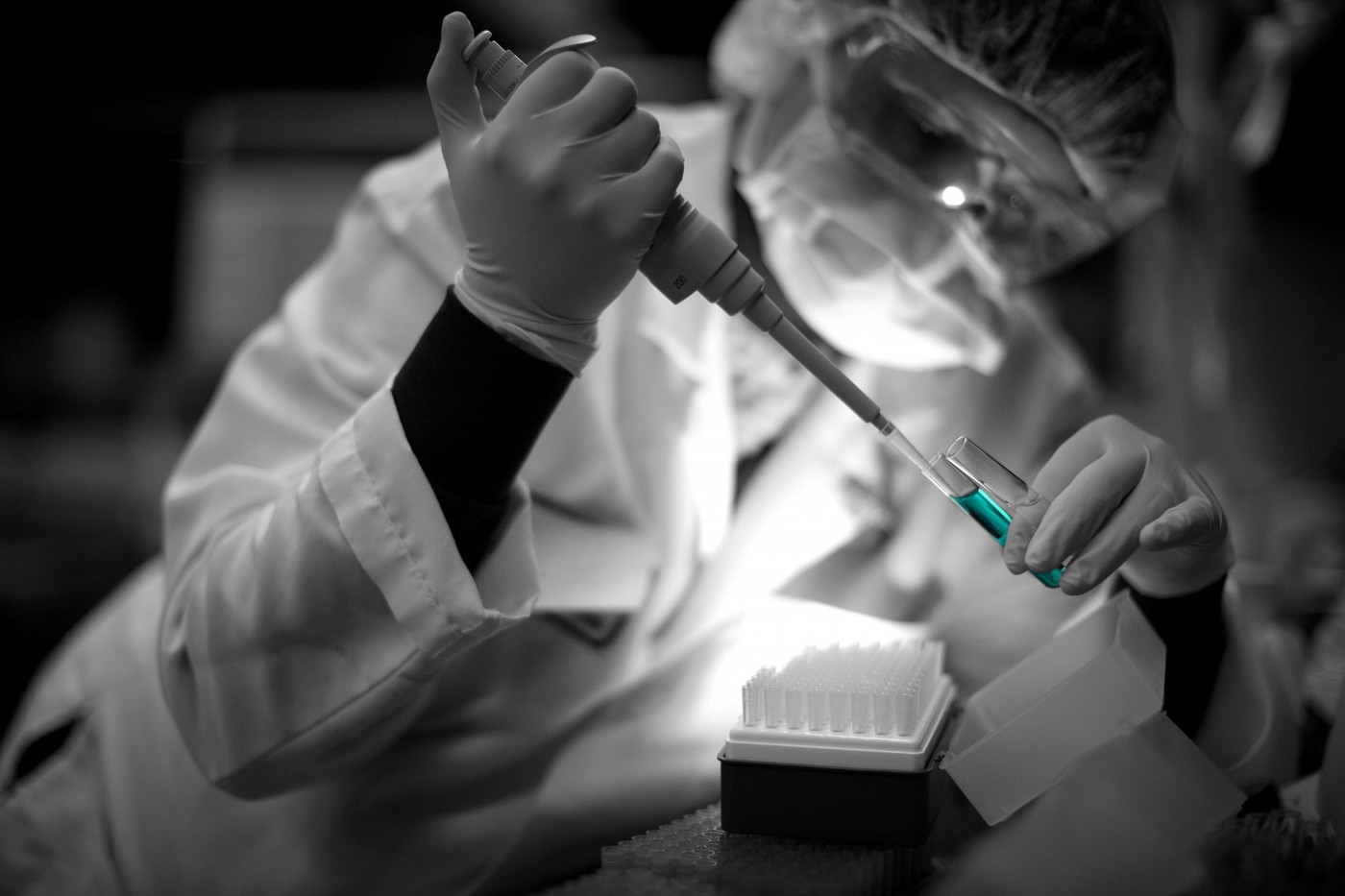Clinical Trial Planned for Cystic Fibrosis Bacteria Treatment AIR001

The University of Pittsburgh has agreed to conduct a Phase 1 and 2 clinical trial of Aries Pharmaceuticals‘ AIR001 for treating Pseudomonas aeruginosa bacteria infections in patients with cystic fibrosis (CF).
Researchers from the university and the University of Pittsburgh Medical Center will work together on the open-label safety and proof-of-concept trial. Aries, a subsidiary of Mast Therapeutics, will provide the AIR001 and nebulizers — drug delivery devices — but will not support the study financially.
AIR001 is a sodium nitrate solution for intermittent inhaling. The formulation has been shown to benefit patients by dilating their blood vessels, reducing inflammation and slowing the growth of undesirable cells.
The chronic airway infection that occurs in cystic fibrosis can lead to cycles of airway inflammation that ultimately end in respiratory failure. Once P. aeruginosa is in a patient’s lungs, it’s difficult to eradicate because of its resistance mechanisms.
Research has indicated that nitrite inhibited P. aeruginosa growth in primary cystic fibrosis airway cells at concentrations compatible with AIR001. This finding suggested that AIR001 could be a potential novel therapy for chronic P. aeruginosa infection in conditions such as cystic fibrosis and non-CF bronchiectasis.
The main objective of the Phase 1/2 trial is to assess AIR001’s safety. Researchers will explore its effect on lung function, exhaled airway nitric oxide, and bacterial density. Under the agreement with the University of Pittsburgh, Aries can use the study results for potential regulatory submissions.
“We are excited that CF experts at University of Pittsburgh wish to study the therapeutic potential of AIR001 in this patient population,” Brian M. Culley, Mast Therapeutics’ chief executive officer, said in a press release.
“The antimicrobial activity of nitrite increases under anaerobic and acidotic conditions such as those found in the CF airways, and in non-clinical studies, AIR001 has been shown to prevent P. aeruginosa biotic biofilm growth on the surface of primary CF airway cells,” added Edwin L. Parsley, Mast’s chief medical officer. “AIR001 may represent a new therapeutic approach for the treatment of chronic infection in CF patients because it has demonstrated broad in vitro antimicrobial activity against P. aeruginosa and other airway pathogens.”







